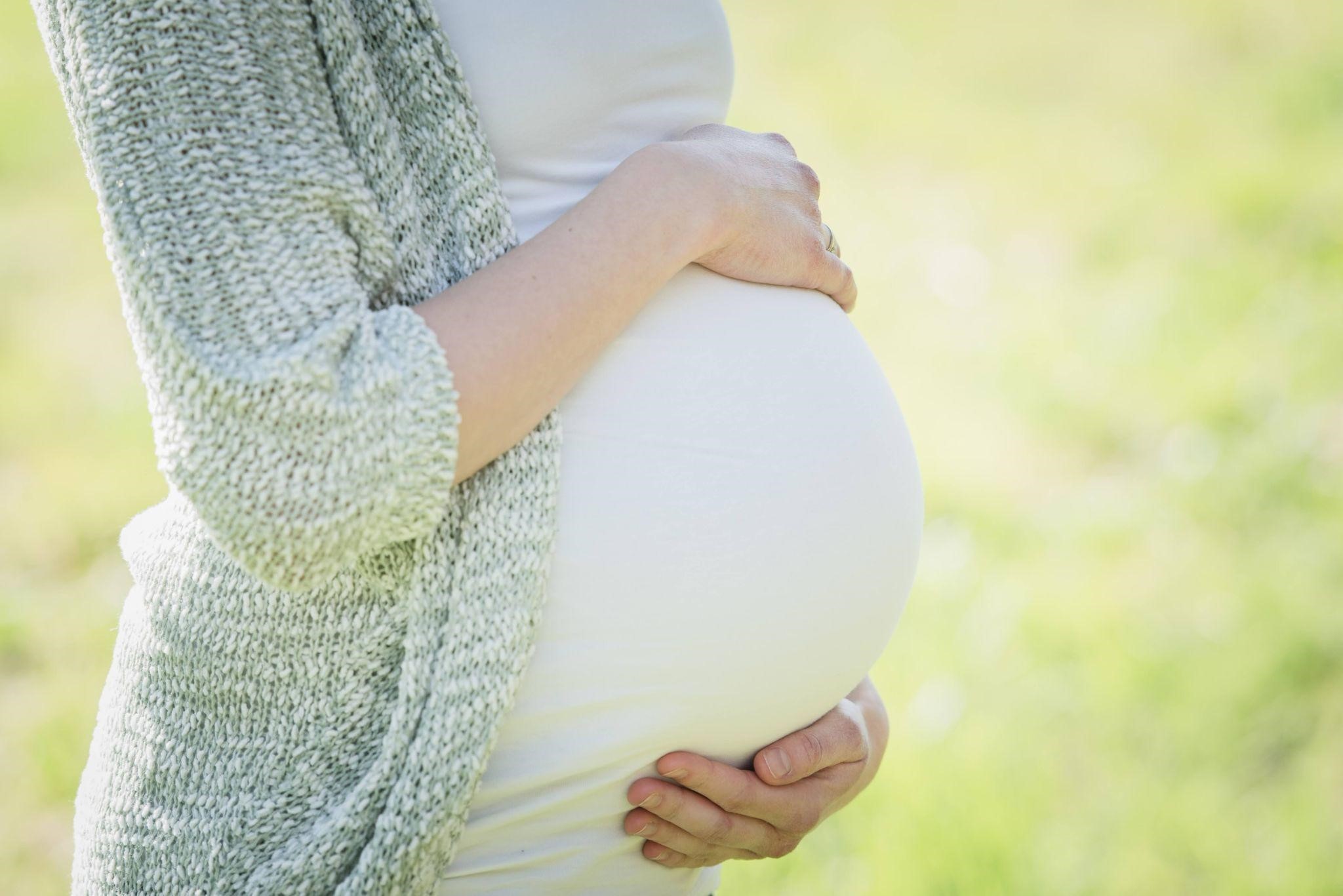Promoting healthy longevity should start young: pregnancy complications lift women’s risk of mortality in the next 50 years
Published: 21 Mar 2023

In Singapore, about 15 to 20% of pregnancies are complicated by gestational diabetes, 5 to 10% of pregnancies are affected by hypertensive disorders of pregnancy, and more than 10% of pregnancies end as pre-term delivery. Pregnancy is a critical reproductive event for women, with substantial life-long health implications.
This brings forward an important question that is often understudied due to a lack of data—how pregnancy complications would inform women’s risk of mortality in the long-term.
Homing in on this, Professor Cuilin Zhang, Director of the Global Centre for Asian Women’s Health (GloW) and a chaired professor in the Department of Obstetrics and Gynecology at the Yong Loo Lin School of Medicine, National University of Singapore (NUS Medicine), in collaboration with investigators from University of Pennsylvania and the National Institutes of Health (NIH), led a research team to investigate the question on how having pregnancy complications may inform one’s long-term mortality risk, relative to those without the complications.
They studied common pregnancy complications in association with total and cause-specific mortality more than 50 years after the complicated pregnancy. This study was recently published in Circulation.
The study followed up on more than 45,000 pregnant women in the United States (U.S), who were enrolled into a pregnancy study during their first pregnancy visit between the 1950s to the 1960s. Results showed that those who experienced any of these common pregnancy complications had an increased risk of mortality in the next 50 years after pregnancy. Particularly, pregnancies complicated by preterm delivery, hypertensive disorders of pregnancy, and gestational diabetes were associated with 7% to 109%, 9% to 32%, and a 14% higher risk of all-cause mortality, respectively.
An interesting finding was that for women who had preterm deliveries, their risk and cause of mortality appeared to differ according to the reason for the preterm delivery. The risk of all-cause mortality, which refers to death by any cause, was highest in women who had a pre-labour cesarean delivery.
These findings related to preterm deliveries highlight the importance of understanding the causes of preterm deliveries when assessing future risk of complications.
“Our study provided compelling evidence to support the notion that promoting healthy longevity should start young and early—a concept that has been increasingly promoted by the research community at the NUS Medicine”, said Professor Zhang, senior author of the study.
Read more in the press release.

